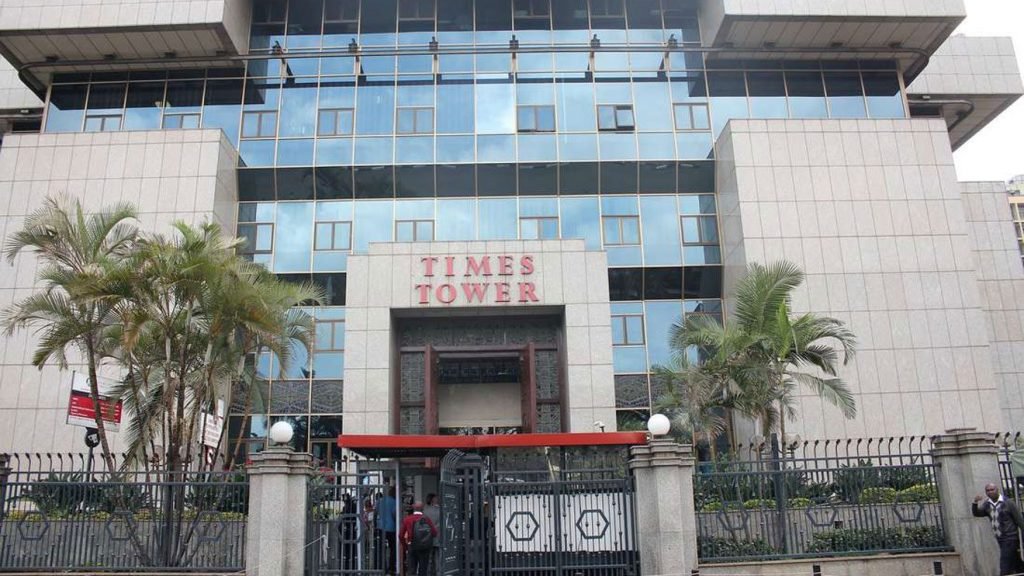The proposal to raise VAT from 16% to 18% is part of the government’s efforts to generate additional revenue to fund the ambitious programs and initiatives outlined by President William Ruto’s administration
The National Treasury has unveiled a series of tax proposals to strengthen the government’s revenue, in line with President William Ruto’s development agenda outlined in the Kenya Kwanza’s medium-term debt strategy draft for the period 2024-25 and 2026-27.
Treasury intends to harmonize Kenya’s Value Added Tax (VAT) rates with those of the East African Community (EAC) member states to create consistency within the region. While Kenya currently levies a 16% VAT, most EAC states charge 18%.
”In order to streamline the taxation of alcoholic products, over the strategy period, the government will review the basis of taxation to the alcoholic content of the product taking into consideration the harmonisation with EAC region,” read part of the proposal.

This shift aims to discourage their consumption due to the associated health risks. The optimal tax rate for each alcoholic product will be determined through quantitative analysis.
At the moment, taxation of alcoholic products and cigarettes (filtered and non-filtered cigarettes and other tobacco product), is based on various factors, including consumer behaviour, product value, consumption volume, and alcohol content.
Kenyans have until October 6, 2023, to provide feedback on the new tax proposals.


